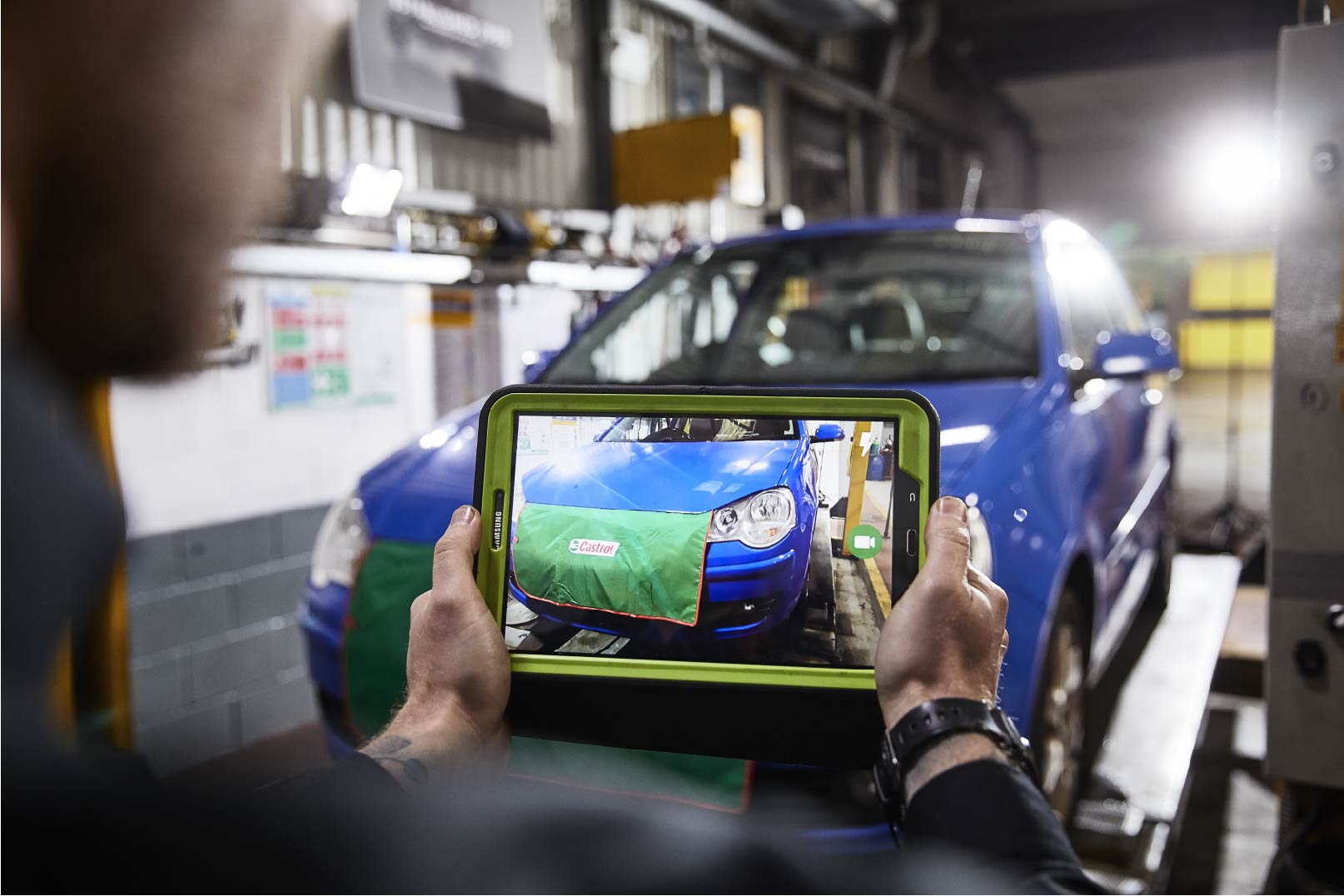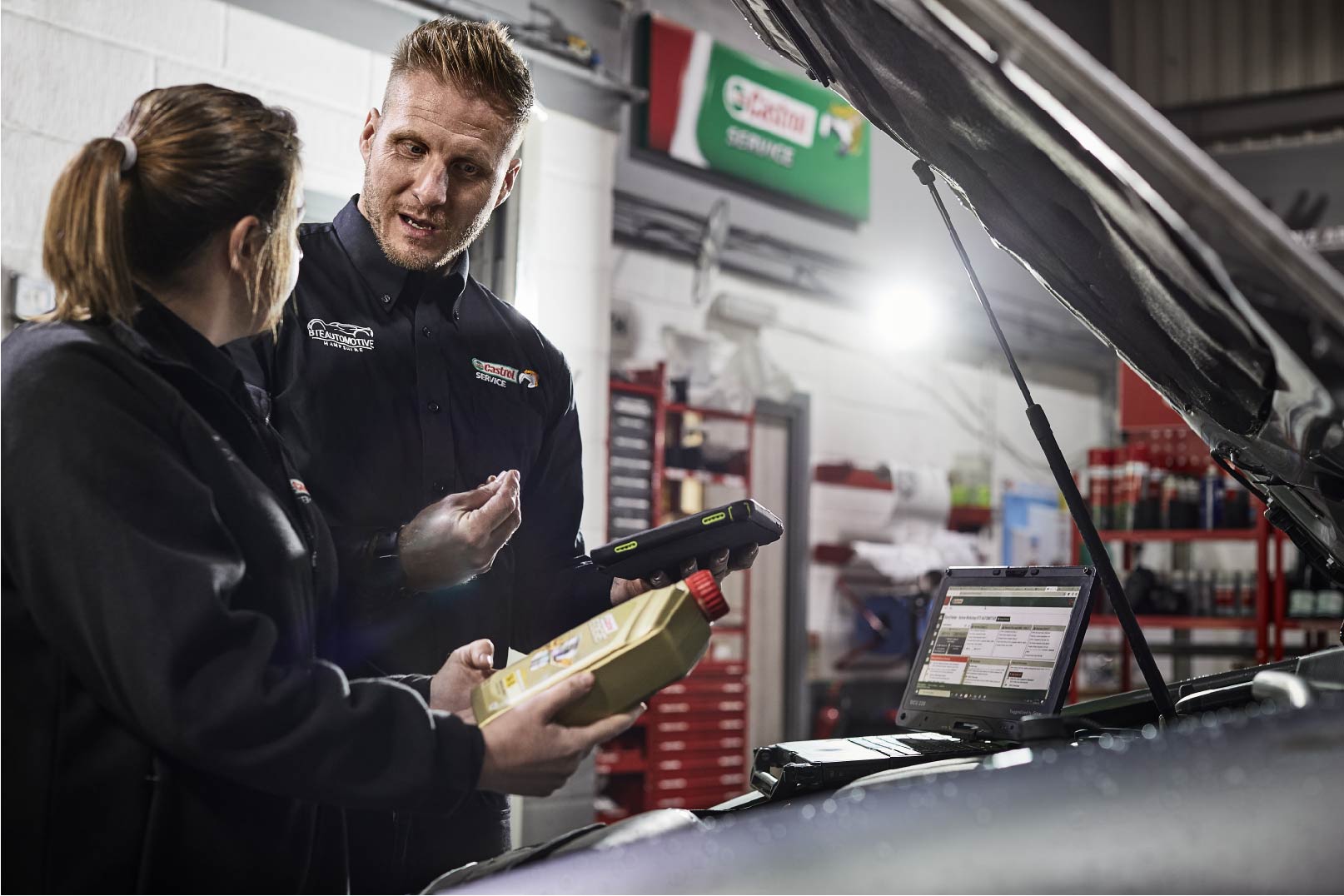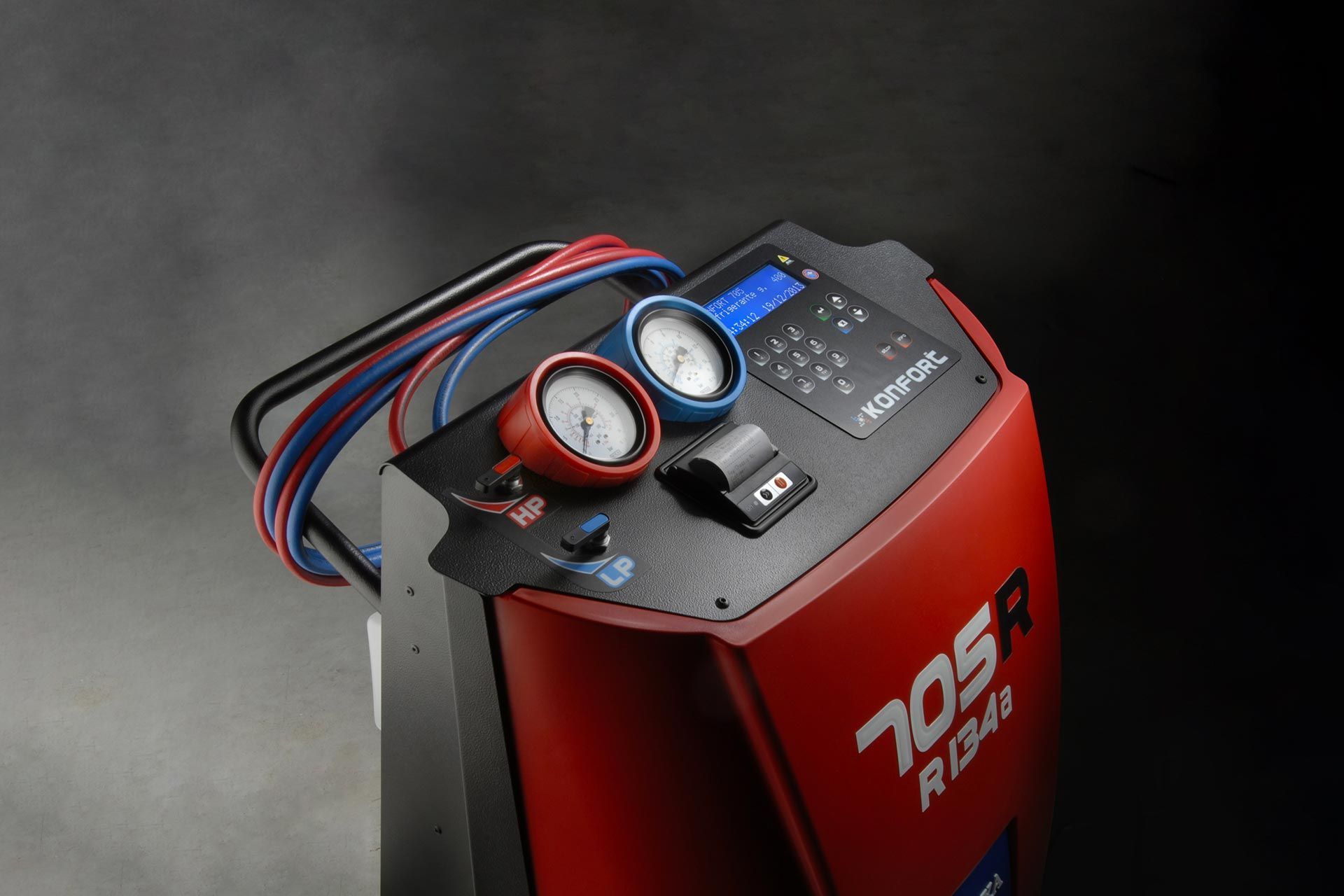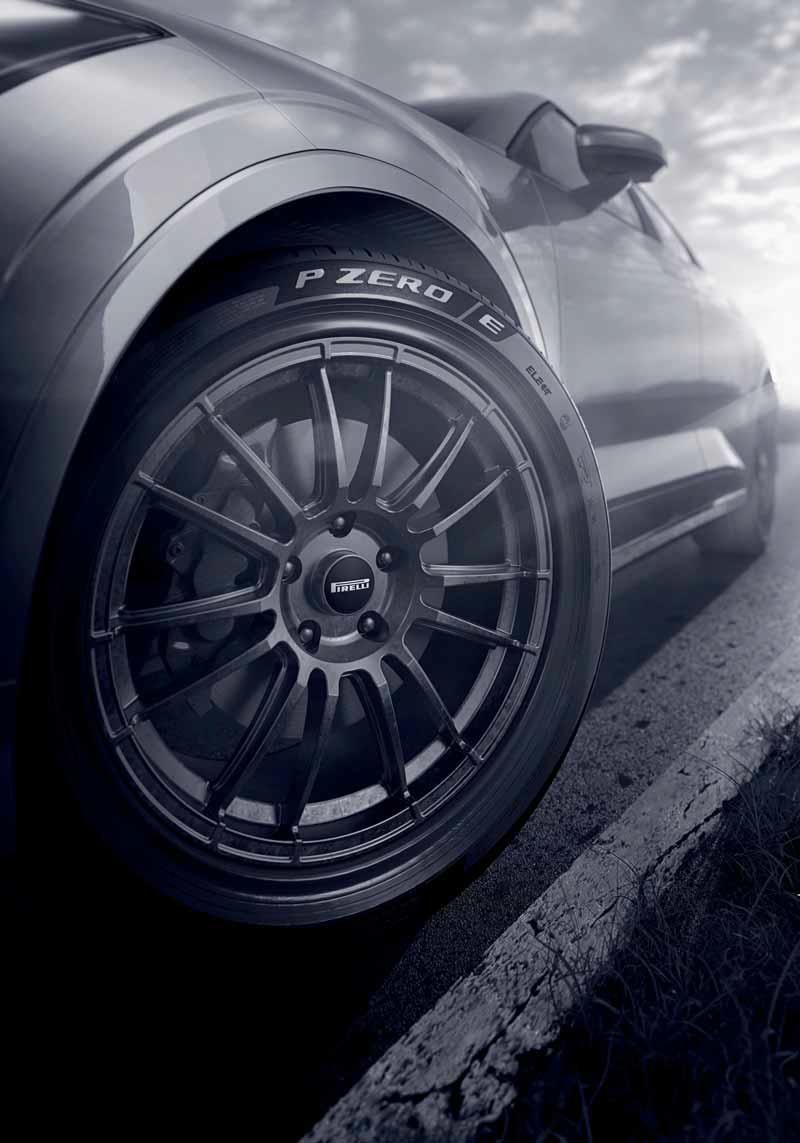THE DIESEL PARTICLE FILTER
DIESEL PARTICLE FILTER SPECIALISTS
All modern diesel powered vehicles are fitted with a Diesel Particulate Filter, or DPF, which is a device designed to remove diesel particulate matter or aerosolised diesel exhaust pollution particles. Here at BTE, we are experienced in all system technologies to quickly diagnose and isolate DPF system faults.
HOW DOES THE DIESEL PARTICLE FILTER SYSTEM WORK:
During combustion of the fuel and air mix, a variety of pollutant particles (generically classified as diesel particulate matter) is produced due to incomplete combustion. The composition of the particles varies widely dependent upon engine type, age and the emissions specification; a diesel car or truck equipped with a fully functioning DPF filter will not emit the visible black smoke from the exhaust pipe. However, filters of every kind have a finite capacity and these filters are no different.
DPF filters must be kept clear of accumulated soot. In order to achieve this, the vehicle's onboard computer system (ECU) constantly monitors the state of the filter by measuring the exhaust pressure entering and leaving the DPF, and is then able to calculate the state of the filter and the point at which it needs to undergo auto regeneration.
DIESEL PARTICLE FILTER SPECIALISTS
All modern diesel powered vehicles are fitted with a Diesel Particulate Filter, or DPF, which is a device designed to remove diesel particulate matter or aerosolised diesel exhaust pollution particles. Here at BTE, we are experienced in all system technologies to quickly diagnose and isolate DPF system faults.
HOW DOES THE DIESEL PARTICLE FILTER SYSTEM WORK:
During combustion of the fuel and air mix, a variety of pollutant particles (generically classified as diesel particulate matter) is produced due to incomplete combustion. The composition of the particles varies widely dependent upon engine type, age and the emissions specification; a diesel car or truck equipped with a fully functioning DPF filter will not emit the visible black smoke from the exhaust pipe. However, filters of every kind have a finite capacity and these filters are no different.
DPF filters must be kept clear of accumulated soot. In order to achieve this, the vehicle's onboard computer system (ECU) constantly monitors the state of the filter by measuring the exhaust pressure entering and leaving the DPF, and is then able to calculate the state of the filter and the point at which it needs to undergo auto regeneration.
STAGE ONE
DIAGNOSTIC INSPECTION
Initially our team will complete a diagnostic inspection and interrogation of your engine management and related system(s) to isolate the the fault/ error codes and to monitor live data.
This process is crucial in understanding the values that input the engine management system to complete successful regeneration.
COST: £59.95inc
STAGE TWO
ACTIVE FORCED REGENERATION
Our trained technicians will complete an assessment of the system prequestities to ensure a safe regeneration can be completed.
Once all critical system inspections and analysis has been successful - a forced diagnostic based regeneration will be initiated to 'de-contaminate' the particle filter.
COST: £99.95inc
STAGE THREE
CHEMICAL CLEANING
Due to many factors, a forced regeneration may not be possible. If the ash or soot levels remain excessively high - the filter may be at high impact condition.
Our recommendation is to complete a 'in-situ' chemical de-contamination service. This process includes specific tooling and chemical to access and complete an internal clean of the blocked filter.
COST: £199.95inc
STAGE FOUR
CHEMICAL CLEAN (REMOVAL)
In some extreme cases, the DPF maybe at an excessive soot load of accumulation and both a diagnostic and in-situ chemical process is not successful.
After removal a powerful two way cleaning process combining water, air and specialist agents are needed to wash the filter. This will remove virtually 100% of both soot and ash and renew the life of your DPF.
COST: £399.95inc
STAGE ONE
DIAGNOSTIC INSPECTION
Initially our team will complete a diagnostic inspection and interrogation of your engine management and related system(s) to isolate the the fault/ error codes and to monitor live data.
This process is crucial in understanding the values that input the engine management system to complete successful regeneration.
COST: £59.95inc
STAGE TWO
ACTIVE FORCED REGENERATION
Our trained technicians will complete an assessment of the system prequestities to ensure a safe regeneration can be completed.
Once all critical system inspections and analysis has been successful - a forced diagnostic based regeneration will be initiated to 'de-contaminate' the particle filter.
COST: £99.95inc
STAGE THREE
CHEMICAL CLEANING
Due to many factors, a forced regeneration may not be possible. If the ash or soot levels remain excessively high - the filter may be at high impact condition.
Our recommendation is to complete a 'in-situ' chemical de-contamination service. This process includes specific tooling and chemical to access and complete an internal clean of the blocked filter.
COST: £199.95inc
STAGE FOUR
CHEMICAL CLEAN (REMOVAL)
In some extreme cases, the DPF maybe at an excessive soot load of accumulation and both a diagnostic and in-situ chemical process is not successful.
After removal a powerful two way cleaning process combining water, air and specialist agents are needed to wash the filter. This will remove virtually 100% of both soot and ash and renew the life of your DPF.
COST: £399.95inc
WHY DOES THIS HAPPEN?
A diesel particulate filter (DPF) is a filter that captures and stores exhaust soot (some refer to them as soot traps) in order to reduce emissions from diesel cars. But because they only have a finite capacity, this trapped soot periodically has to be emptied or 'burned off' to regenerate the DPF.
This regeneration process cleanly burns off the excess soot deposited in the filter, reducing the harmful exhaust emission and helps to prevent the tell-tale black smoke you used to see from diesel vehicles, particularly when accelerating.
The automatic regeneration process in most vehicles works by the ECU constantly monitoring the flow of exhaust gasses through the filter, and at a specific point it will initiate the procedure. This involves increasing the amount of fuel added to the induction system which in effect creates a fire in the diesel particulate filter (DPF), burning off the excess soot and blowing the ashes out of the exhaust pipe.
Regular long journeys at high speeds create a higher running temperature and free flowing exhaust gasses which are not ideal for automatic regeneration. Also, if like a lot of people, you only use your vehicle for short local distances, it is unlikely that the vehicle will automatically regenerate the DPF filter.
WHY DOES THIS HAPPEN?
A diesel particulate filter (DPF) is a filter that captures and stores exhaust soot (some refer to them as soot traps) in order to reduce emissions from diesel cars. But because they only have a finite capacity, this trapped soot periodically has to be emptied or 'burned off' to regenerate the DPF.
This regeneration process cleanly burns off the excess soot deposited in the filter, reducing the harmful exhaust emission and helps to prevent the tell-tale black smoke you used to see from diesel vehicles, particularly when accelerating.
The automatic regeneration process in most vehicles works by the ECU constantly monitoring the flow of exhaust gasses through the filter, and at a specific point it will initiate the procedure. This involves increasing the amount of fuel added to the induction system which in effect creates a fire in the diesel particulate filter (DPF), burning off the excess soot and blowing the ashes out of the exhaust pipe.
Regular long journeys at high speeds create a higher running temperature and free flowing exhaust gasses which are not ideal for automatic regeneration. Also, if like a lot of people, you only use your vehicle for short local distances, it is unlikely that the vehicle will automatically regenerate the DPF filter.
KNOWING YOUR PARTICLES
Soot and ash are fundamentally diƒferent materials but they both accumulate in the DPF. Soot can normally be removed from the DPF through regeneration, which burns it and leaves the ash behind.
Ash, on the other hand, is incombustible and can only be removed from the DPF by cleaning ‘oƒ the vehicle’.
Owners and indeed garages often think a regeneration is an automatic quick fix, only to find the customer returns after a few days or weeks with the same issue. This is indicative of not thoroughly diagnosing the problem.
The regeneration process can be aided by the application of specialist fluids that work as a catalyst to aid and accelerate the burn-oƒ process, usually through lowering the temperature at which the trapped soot burns.
KNOWING YOUR PARTICLES
Soot and ash are fundamentally diƒferent materials but they both accumulate in the DPF. Soot can normally be removed from the DPF through regeneration, which burns it and leaves the ash behind.
Ash, on the other hand, is incombustible and can only be removed from the DPF by cleaning ‘oƒ the vehicle’.
Owners and indeed garages often think a regeneration is an automatic quick fix, only to find the customer returns after a few days or weeks with the same issue. This is indicative of not thoroughly diagnosing the problem.
The regeneration process can be aided by the application of specialist fluids that work as a catalyst to aid and accelerate the burn-oƒ process, usually through lowering the temperature at which the trapped soot burns.
OTHER RELATED DPF FAULTS
AdBlue Service and Top Ups.
High quality service delivered by our experienced BOSCH trained technicians.
Receive professional care at an affordable price.
MAINTAINING DEF/AdBlue®
It is important that your vehicles supply of DEF is maintained, as EU legislation means that you cannot start the engine without it. Your car’s message centre will give you advance warning when your DEF level is low and will alert you in plenty of time to book a refill.
For mid-service Top-Ups, we are now offering an AdBlue® refill for £39.95 RRP to manufacturers recommended fill-level, regardless of the amount required*.
- Inspection of system operation ✓
- Fill to maximum level ✓
- Computerised inspection ✓
- Reset service light ✓
- Manufacturer Specific AdBlue® ✓
- Optional 30 point eCHECK ✓
OTHER RELATED DPF FAULTS
AdBlue Service and Top Ups.
High quality service delivered by our experienced BOSCH trained technicians.
Receive professional care at an affordable price.
MAINTAINING DEF/AdBlue®
It is important that your vehicles supply of DEF is maintained, as EU legislation means that you cannot start the engine without it. Your car’s message centre will give you advance warning when your DEF level is low and will alert you in plenty of time to book a refill.
For mid-service Top-Ups, we are now offering an AdBlue® refill for £39.95 RRP to manufacturers recommended fill-level, regardless of the amount required*.
- Inspection of system operation ✓
- Fill to maximum level ✓
- Computerised inspection ✓
- Reset service light ✓
- Manufacturer Specific AdBlue® ✓
- Optional 30 point eCHECK ✓
* Additional programming procedures may be required.
ONLINE BOOKING
ONLINE BOOKING
BOOK DIRECT INTO THE WORKSHOP VIA OUR ONLINE SERVICE TOOL
(OPENS IN A NEW PAGE)








